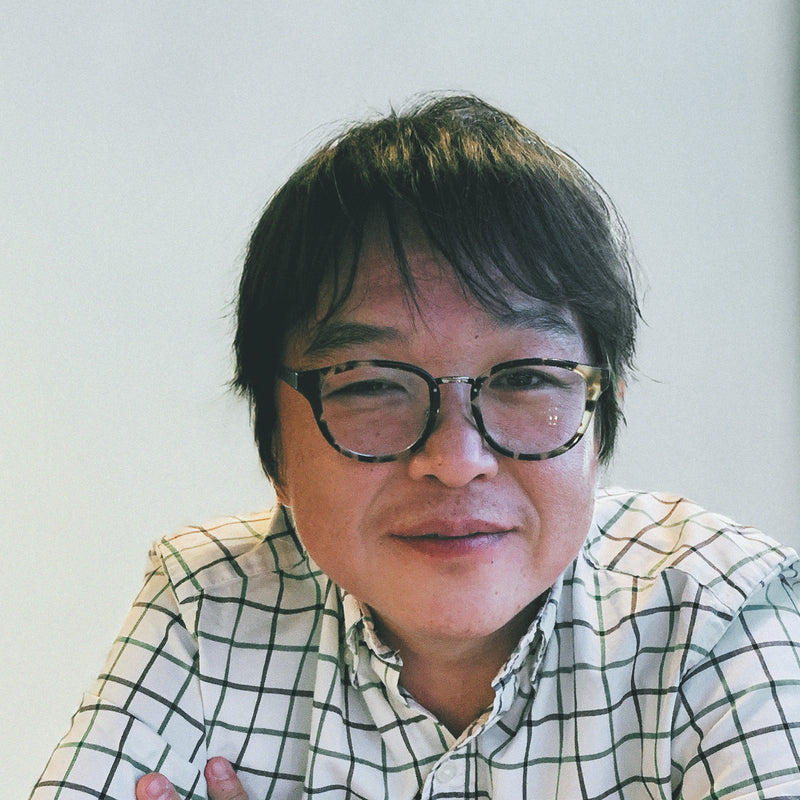Many times, when we think of Japanese universities, we picture hardworking students, strict class schedules, and a stressful place to learn. But there is another thing that is becoming more common that is very important to student life: coffee culture. Coffee shops have become safe places for students to go because they offer more than just coffee. They also provide a good atmosphere for studying and meeting new people. So how exactly does the culture of coffee make Japanese college students more focused and productive?
Creating a Conducive Study Environment
The ambiance of coffee shops also contributes to their popularity among university students, offering a balanced mix of comfort and productivity. Unlike the often sterile and silent atmosphere of libraries, coffee shops provide a dynamic and inviting space that many students find more conducive to studying. The gentle hum of activity in a coffee shop can enhance concentration, a phenomenon known as the "coffee shop effect," where background noise buffers against more disruptive sounds, helping students to focus better.
This environment can be particularly beneficial for those who might otherwise be tempted to pay to do homework, as it encourages self-discipline and independent study. However, it's understandable that students sometimes need extra help with their assignments. In such cases, they can simply search "pay to do homework" on Google and find reputable online writing services that offer professional assistance. These services can be a valuable resource, providing expert guidance and support, ensuring that students can meet their academic goals while still enjoying the motivational atmosphere of a coffee shop.
Getting more into coffee in Japan
Japan has a history of making great tea, especially green tea. But over the years, coffee has slowly become more famous there. Japanese people first heard of coffee in the 1600s, but it wasn't until the 1900s that it became an important part of Japanese society. There are coffee shops on almost every block in cities these days, and colleges are no different.
Japanese universities have fully accepted the coffee culture. Students and teachers alike go to coffee shops on campus and in the nearby area. These places are more than just places to get a quick cup of coffee. They are also places where students can meet up to work on group projects, study for tests, or just relax and recover.
Coffee as a Way to Get More Done
One of the main reasons why coffee culture has become so important to Japanese college life is that it makes people more productive. Caffeine, which is found in coffee, is a natural stimulant that can help you concentrate and focus. A cup of coffee can help students stay awake and on task when they have a lot of work to do and little time to do it.
There are studies that show that drinking coffee in moderation can improve memory, mood, and general brain function. Students do better in school when they are more alert and focused. This is because they can process information faster and remember it better.
Taking a coffee break can also help students clear their minds so they can get back to studying with more energy and a fresh outlook. Taking coffee breaks in between study sessions can help students stay focused and avoid getting burned out.
What Coffee Culture Means for People
But Japanese college coffee culture is more than just caffeine. Also, it's a very important part of making friends and working together. Coffee shops are casual places where students can hang out and talk to each other outside of school. People can share their thoughts, get help from each other, and learn together through these interactions.
Coffee shops are a lot like salons or public places from the past, where people can meet and talk about ideas and life. Group study sessions over coffee can be especially helpful because they mix the benefits of being with other people with the brain-boosting effects of caffeine. In addition, these places can help people feel less alone during long study sessions by creating a feeling of community and belonging.
Culture of coffee and mental health
Coffee culture not only makes people more productive, but it also helps students' mental health. There are a lot of demands and academic pressures at Japanese universities, which can make life very stressful. All of this stress can be left behind at coffee shops, which are safe places for students to relax and take a break.
Just drinking coffee can be relaxing, giving you a break in the middle of a busy day. Also, talking to other people in coffee shops can help people who are lonely or anxious feel better. Making friends and taking time to relax can do a lot to improve a student's health and happiness.
What will happen to Japanese college coffee culture in the future?
As coffee culture continues to flourish in Japanese universities, its future looks promising and poised for evolution. One fascinating development could be the integration of advanced technologies, such as AI generators, into the coffee shop experience. Imagine walking into a campus coffee shop and finding AI-powered kiosks that not only prepare your favorite brew but also suggest personalized coffee blends based on your study habits and preferences.
These AI generators could analyze data to recommend optimal caffeine intake for maintaining peak productivity levels, effectively merging technology with tradition. Additionally, AI generators might provide real-time study tips and resources, making coffee shops not just places for a caffeine boost, but also hubs of innovative learning. As students become increasingly tech-savvy, the fusion of AI and coffee culture could redefine how they study, socialize, and stay energized, ensuring that coffee shops remain central to university life for years to come.
In conclusion
To sum up, coffee culture has become an important part of university life in Japan, helping students be more focused and productive. In addition to the instant effects of caffeine, coffee shops are social places to study that encourage teamwork and mental health. This society will continue to change over time, and it will likely have an even bigger impact on the academic and social lives of Japanese college students. This means that the next time you visit a Japanese college, you might see students sitting around a table with their coffee cups and textbooks open, studying and talking.
Get Free Bonus Books

Sign up for free to the Coffee Club to get advice and exclusive articles about how to choose Japanese Coffee, and tips, tricks, and recipes for enjoying Japanese coffee.
About the author
Kei Nishida
Author, CEO Dream of Japan
Certification: PMP, BS in Computer Science
Education: Western Washington University
Kei Nishida is a passionate Japanese tea and coffee connoisseur, writer, and the founder and CEO of Japanese Coffee Co. and Japanese Green Tea Co., both part of Dream of Japan.
His journey began with a mission to introduce the world to the unparalleled quality of Japanese green tea. Through Japanese Green Tea Co., he established the only company that sources premium tea grown in nutrient-rich sugarcane soil—an innovation that led to multiple Global Tea Champion awards.
Building on this success and his passion for Japanese craftsmanship, Kei expanded into the world of coffee, pioneering the launch of Japanese Coffee Co., the first company to bring Sumiyaki charcoal-roasted coffee to a global audience. His dedication to authenticity and quality ensures that this traditional Japanese roasting method, once a well-kept secret, is now enjoyed worldwide.
Beyond tea and coffee, Kei has also introduced Japan’s legendary craftsmanship to the world through Japanese Knife Co., making handmade katana-style knives—crafted by a renowned katana maker—available outside Japan for the first time.
Kei’s journey continues as he seeks out and shares the hidden treasures of Japan, one cup and one blade at a time.
Learn more about Kei







